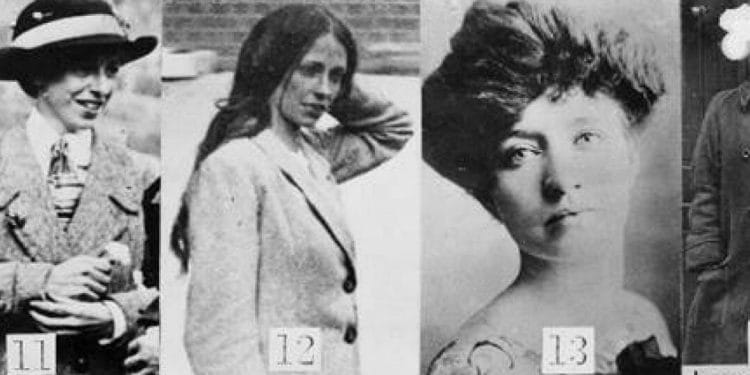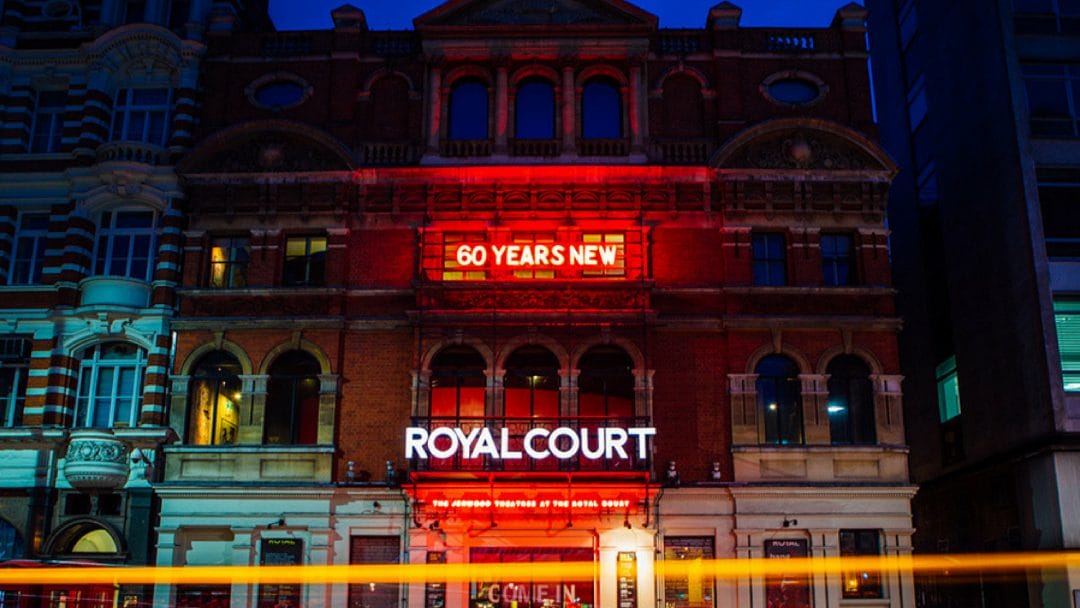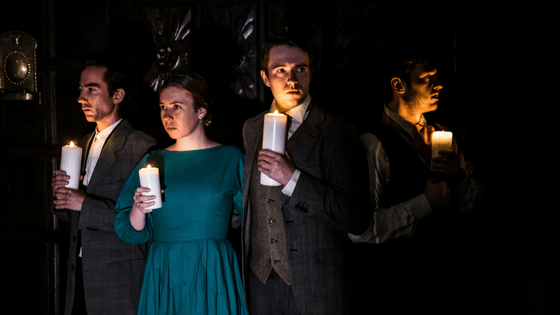Suffragette City, a partnership between the National Trust and The National Archives, will re-create the life of a Suffragette activist in the years before the partial grant of the vote to women in 1918.
Inspired by records held by The National Archives, Suffragette City documents the life and arrest of Lillian Ball, a dressmaker and mother from Tooting, arrested for smashing a window in 1912.
As with many women of the era, Lillian confronted life-changing choices that led her to join the Women’s Social and Political Union (WSPU) causing her to be involved in militant action, leading to her arrest, interrogation and imprisonment. Suffragette City challenges audience members with many of the same decisions Lillian faced, bringing to life the true experiences of those fighting for suffrage.
Using the extensive collections of The National Archives, which include Home Office, Metropolitan Police and Cabinet papers, as well as pamphlets and letters seized in raids on the WSPU’s headquarters, Suffragette City will recreate a number of key places important to the story of the Movement, including the WSPU’s Headquarters, a tea room and a police cell. It will also highlight the skill and organisation involved in militant campaigns, and the difficult choices women and men faced in their endeavour for equal suffrage. The statements of Lillian Ball, who testified against Emmeline Pankhurst, leader of the Suffragette Movement, in the infamous conspiracy trials, form the basis of the experience.
Created by immersive experience designers O’Neill/Ross, this project will offer different ways for the public to engage with the Suffrage movement. Come along to read a replica Suffragette newspaper over a cup of Edwardian milk punch, learn jujitsu, join a Suffragette sing-a-long or travel further down the rabbit hole to experience life as a Suffragette. Audience members can go on their first suffragette mission, with actors leading the way, where they will make a series of choices about how committed they are to the fight for equality.
For the National Trust and The National Archives, this project is part of a wider programme that commemorates 100 years of the 1918 Representation of the People Act, which extended the vote to men over the age of 21 and women over 30 who were householders or married to householders, owners of property worth more than £5, or graduates voting in a university constituency. It also marks 90 years since the 1928 Amendment of the Representation of the People Act that created equal suffrage between men and women.















